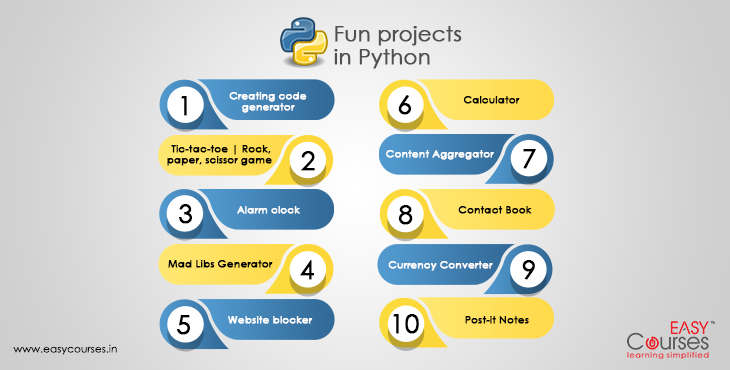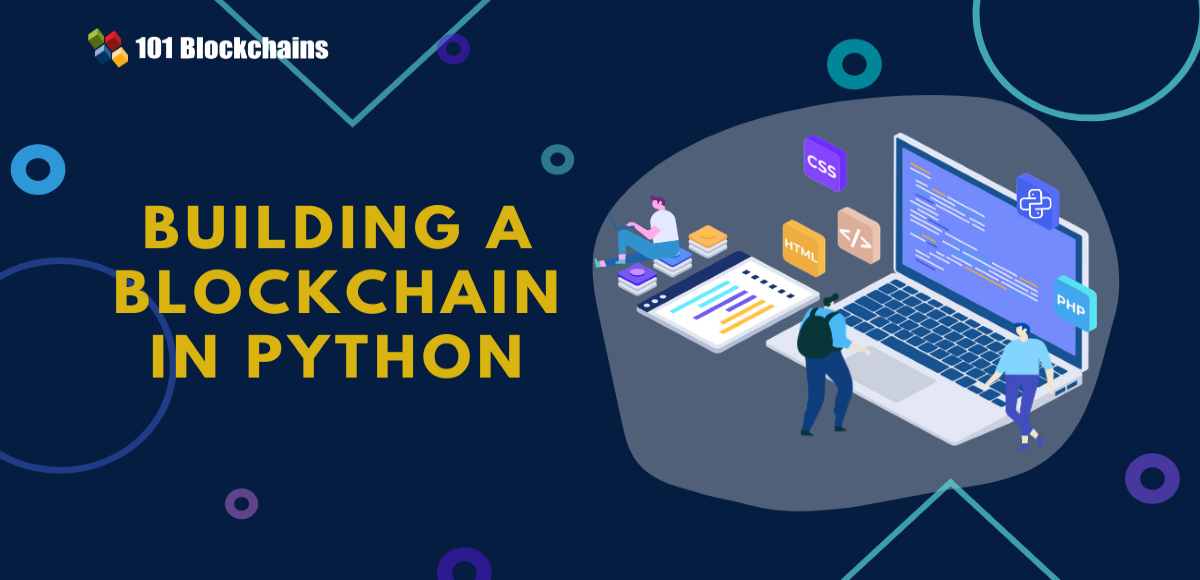Building Secure Transactions Python and Blockchain

Mastering Blockchain Integration with Python
In the ever-evolving landscape of technology, the amalgamation of Python and blockchain has emerged as a formidable force. This powerful duo holds the key to unlocking a new realm of possibilities, from decentralized systems to secure virtual transactions. Let’s delve into the intricate tapestry of mastering blockchain integration with Python.
Python’s Crucial Role in Blockchain Development
Python’s versatility and readability have made it a go-to language for developers across various domains. When it comes to blockchain, Python’s role is pivotal in simplifying the complex. Its clean syntax and extensive libraries provide developers with a robust toolkit for crafting blockchain solutions. From smart contracts to decentralized applications (DApps), Python is the linchpin of blockchain development.
Building Secure Transactions: Python and Blockchain Synergy
Security is paramount in the world of blockchain, and Python lends a helping hand in fortifying these digital fortresses. With Python’s emphasis on readability and secure coding practices, developers can build airtight algorithms for cryptographic operations. This synergy ensures that transactions conducted in the blockchain realm are not just efficient but also impenetrable, fostering trust in digital interactions.
Unleashing Python Power in Blockchain Solutions
The marriage of Python and blockchain unleashes a potent combination that goes beyond conventional boundaries. Python’s dynamic nature allows for swift adaptation to changing requirements, making it an ideal companion for the dynamic blockchain landscape. Whether it’s developing consensus algorithms or implementing complex protocols, Python empowers developers to create solutions that stand the test of time.
Integrating Python for Transparent Blockchain Operations
Transparency is a cornerstone of blockchain technology, and Python plays a pivotal role in ensuring seamless and transparent operations. Its simplicity facilitates the creation of clear and concise code, making it easier for developers to audit and understand the inner workings of blockchain systems. This transparency not only fosters trust but also allows for easier collaboration among developers.
Python-Driven Decentralization in Blockchain
Decentralization lies at the core of blockchain’s disruptive potential, and Python accelerates this paradigm shift. Python’s scalability and ease of integration enable the creation of decentralized networks that can revolutionize traditional industries. Whether it’s supply chain management or financial transactions, Python-driven decentralization opens up new avenues for innovation and efficiency.
Crafting Trustworthy Systems: Python and Blockchain Security
Security breaches can be catastrophic in the blockchain realm, and Python addresses this concern with its robust security features. From input validation to encryption, Python provides a comprehensive security framework. Developers can craft trustworthy systems that prioritize data integrity and user confidentiality, instilling confidence in users and stakeholders alike.
Python Scripts for Next-Level Blockchain Security
Python’s scripting capabilities elevate blockchain security to the next level. With Python scripts, developers can automate security protocols, conduct regular audits, and respond swiftly to potential threats. This proactive approach ensures that blockchain systems remain resilient against emerging security challenges, providing a secure environment for digital assets and transactions.
Elevating Trust with Python in Blockchain Environments
Trust is the linchpin of any successful blockchain ecosystem, and Python contributes significantly to building and maintaining that








